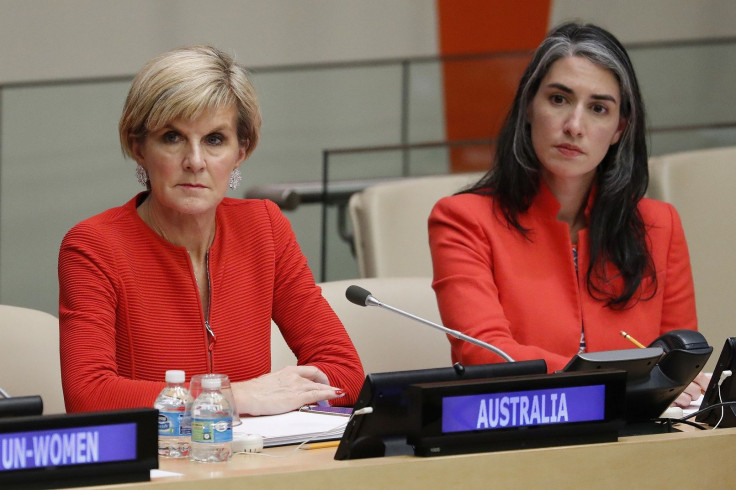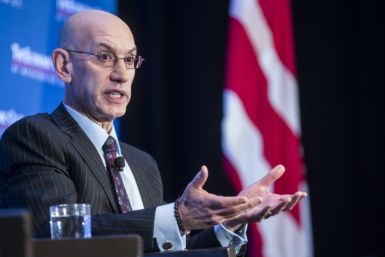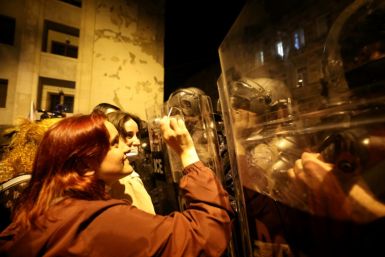DFAT: Consular cases in Australia up 25%, 1.5k Australians arrested overseas

The Department of Foreign Affairs and Trade (DFAT) has revealed that a total of 1,551 Australians were arrested overseas in 2015-2016 for offences including drugs, fraud and assault. The figures indicated that there was an increase of 23 percent from the department's previous records.
Of the 234 assault cases last year, the new record showed that it increased by 40 percent. Among the 315 assaults, 136 of which were related to sexual misconduct.
DFAT assisted 391 Australians in the jails abroad. A total of 262 Australians were arrested in the US, while 61 were imprisoned in China. Travellers were advised to avoid carrying or consuming illegal drugs when they travel abroad.
Hospital-related cases were also evaluated. The data showed that 1667 Australians were hospitalised overseas, which is a 15 percent increase from last year's record. The majority of the cases happened in Thailand, Indonesia, the US, New Caledonia and Vietnam.
The department also assisted inquiries to last year's incidents, such as Bangkok bombing, Paris terror attacks and the January attack in Jakarta.
Foreign Minister Julie Bishop reminded Australians that consular actions are constrained once people enter a new country.
"The Australian government is not a hospital, it is not a hotel, it is not an internet cafe and our consular officials cannot just whisk you out of jail. People have to take responsibility for their behaviour overseas," Bishop said in a statement. About 50 percent of Australians under age 30 assume that the government will pay emergency flights and medical bills overseas.
On Wednesday, the Survey of Australians' Travel Insurance Behaviour showed that almost 850,000 trips were uninsured in 2015-16. Bishop warned travellers to have an insurance even if they will stay in a country for a short period of time. “Thirty-one percent thought it was okay to travel without insurance to a developed country,” the report said.






